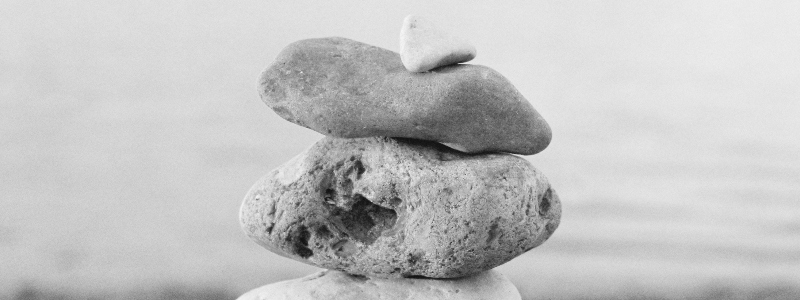Psychotherapy is a method of treating mental health issues through psychological, rather than medical means.
Known as ‘the talking cure’ a psychotherapist’s role is to work with patients or clients, generally on a minimum of a weekly basis, over a period of months or years. The work takes place within what is called a ‘therapeutic relationship’, characterised by the psychotherapist listening and thinking carefully about the client’s experience and working with them to make sense of it. Thus, whilst known as the talking cure, it could be more accurately described as the listening cure.
Psychotherapy developed from psycho-analysis, which is similar in nature, but involves multiple weekly sessions (up to five) and can often last for up to a decade. Freud referred to (psycho) analysis as a ‘cure through love’ and this applies to psychotherapy in much the same way. The relationship between psychotherapist and client is unique and one in which all the focus, attention and thought is about the client’s process. The closest example to this type of relationship is between mother and child, or primary-caregiver and child, and it is often due to failings in this primary attachment relationship that clients seek out psychotherapy in later life.
Do I need to have a mental illness to go into therapy?
Whilst it is very common for people to seek out the assistance, support and expertise of a psychotherapy due to them feeling like they are in a crisis in their life, the crisis is often only the catalyst that brings a client into psychotherapy. Indeed, it was once again Freud who said that psychotherapy (analysis) only begins once the patient’s crisis has passed. What did he mean by this?
One of the goals of psychotherapy is to bring space and contemplation into a person’s life so that they feel less at the mercy of their emotions and more able to hold themselves in mind. Once a crisis has passed, clients can often start to focus on using the therapeutic relationship and space to examine why they think and feel the way they do and to develop a construct or idea about who they would like to be. Psychotherapy is thus about getting in touch with our appetite, or passions.
Whilst most people access psychotherapy due to an issue covered by the term ‘mental health’, most remain for months or years in order to learn to have a better relationship with themselves and others.
How does psychotherapy work?
Human beings are relational beings, meaning that we are, from the moment we are conceived, in relationship to another. Relationships shape not only our worldview and our relationships to others in our life, but also shape our relationship to ourselves.
If we have learnt through early relationship(s) that others are unsafe and/or that we are not worthy of love then this shapes our worldview of all our relationships going forward. If we have been wounded in relationship then it takes another (therapeutic) relationship to work through all the hurt and to discover a new way of relating through how we are related to.
What training do psychotherapists have?
In the UK, the terms of psychotherapist and counsellor are not legally protected meaning that virtually anybody can use these terms with impunity.
Whilst some clinicians use the terms of counsellor and psychotherapist interchangeably, the UKCP (United Kingdom Council for Psychotherapy) is the largest professional body for psychotherapy clinicians and lays out its training and membership expectations for clinical psychotherapist very clearly.
Psychotherapists in the UK (who are UKCP members) train for a minimum of four years at post-graduate level, undergoing their own psychotherapy throughout this period, obtain at least 450 clinical hours of experience and undertake a mental health placement. Most UKCP psychotherapists will therefore have a minimum of a Masters degree in the field.
What’s the difference between psychotherapy and counselling?
There is much disagreement about the differences between counselling and psychotherapy and this is something I have previously addressed here. Fundamentally, psychotherapists are trained to work at a deeper level than counsellors and have been trained to formulate – our word for diagnose.
How do I find a psychotherapist?
Finding a psychotherapist can feel daunting. Brighton and Hove Psychotherapy is a physical clinic comprised of a group of skilled clinicians offering psychotherapy across the greater Brighton and Hove area and Lewes. You can use our search function to find a psychotherapist near you.
Alternatively, the UKCP holds a directory of all registered UK based psychotherapists which can be found here.
Mark Vahrmeyer, UKCP Registered, BHP Co-founder is an integrative psychotherapist with a wide range of clinical experience from both the public and private sectors. He currently sees both individuals and couples, primarily for ongoing psychotherapy. Mark is available at the Lewes and Brighton & Hove Practices.
Further reading by Mark Vahrmeyer –
How do I find the right psychotherapist?
Why do people get the birthday blues?

Leave a Reply